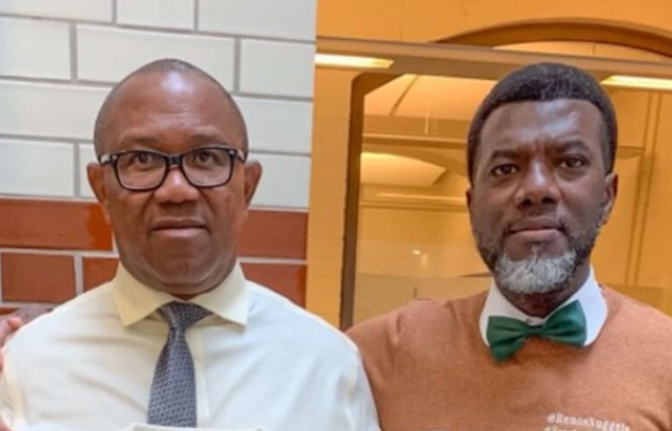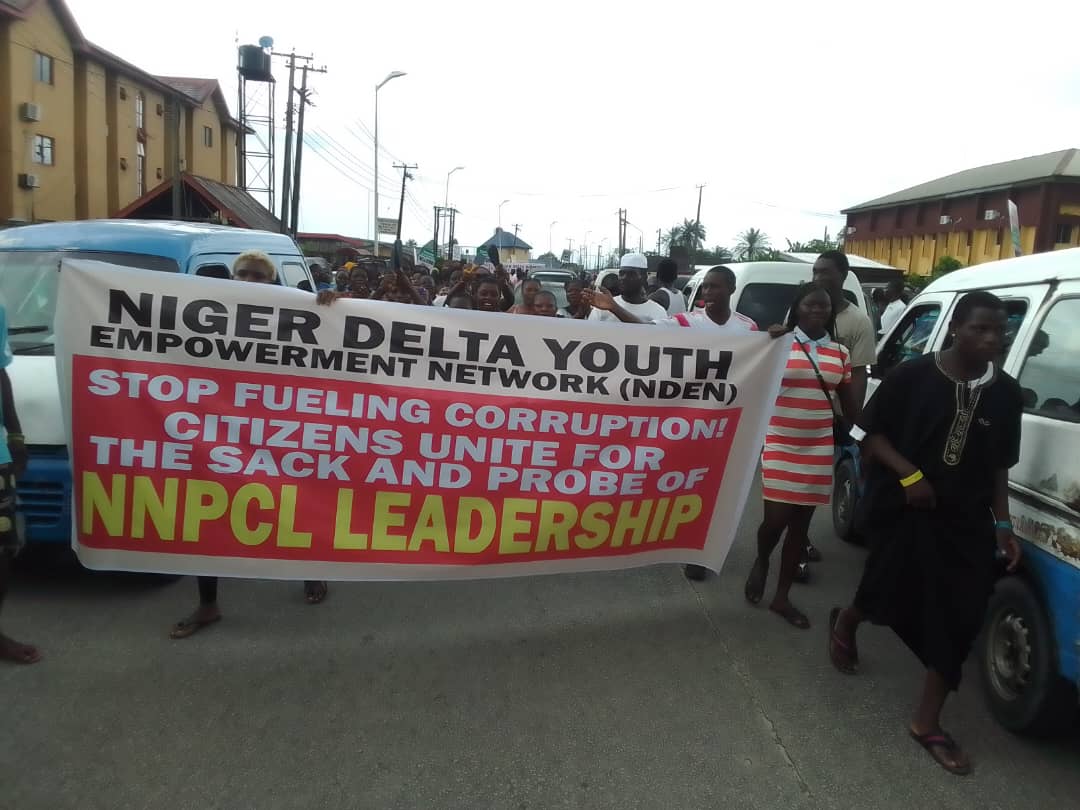Peter Obi, the presidential candidate of the Labour Party, recently made headlines with his remarks about President Bola Tinubu, sparking a heated debate in the Nigerian political arena.
In a press conference held in Abuja, Obi demanded transparency from Tinubu, questioning his educational background and the certificates he holds.
Obi’s press conference ignited a firestorm of controversy, with former presidential spokesman Reno Omokri taking a strong stance against him.
Omokri labeled Peter Obi as a “pathetic desperado” for his allegations against Tinubu.
In a series of tweets, Omokri questioned the validity of Obi’s claims, highlighting the false allegations surrounding President Bola Tinubu’s attendance at Chicago State University.
He emphasized that such unfounded accusations tarnish Nigeria’s reputation on the global stage.
Omokri conducted his own investigation and confirmed that Bola Tinubu indeed attended and graduated from Chicago State University.
The assertion was validated, and the truth prevailed. It is a stark reminder that baseless allegations can cause unwarranted harm and damage to one’s reputation.
Reno Omokri pointed out the irony of Peter Obi’s accusations.
He questioned the audacity of a man who obeyed IPOB’s sit-at-home order, which had its own divisive impact on the nation, to cast aspersions on another’s character.
He also raised the issue of Peter Obi’s reluctance to provide his university degree to the Independent National Electoral Commission, which could be seen as hypocrisy.
Omokri shed light on Peter Obi’s previous controversies, including his leaked audio where he appeared to promise a religious war against the Muslim Ummah.
Despite this revelation, Obi had not pursued legal action against the publication that brought the audio to light.
Peter Obi’s statements about the Eastern Security Network (ESN) during his visit to Arewa House raised eyebrows.
He defended ESN, the armed wing of IPOB, and made misleading claims about its origins.
Omokri clarified that ESN was founded by Nnamdi Kanu in December 2020, contrary to Obi’s statements.
Omokri concluded by suggesting that Nigeria had narrowly avoided potential turmoil with Peter Obi.
If he had been elected, it could have resulted in challenges similar to those faced by Gaza’s population.
This statement raises questions about the impact of his policies and decisions on Nigeria’s future.
In closing, Omokri urged President Bola Tinubu to dismiss the recent accusations by Peter Obi, emphasizing the importance of focusing on real issues and not engaging in unnecessary political mudslinging.
He suggested that the Supreme Court’s ruling on the alleged forgery of Tinubu’s certificate would reveal the truth and hopefully put an end to the controversy.










